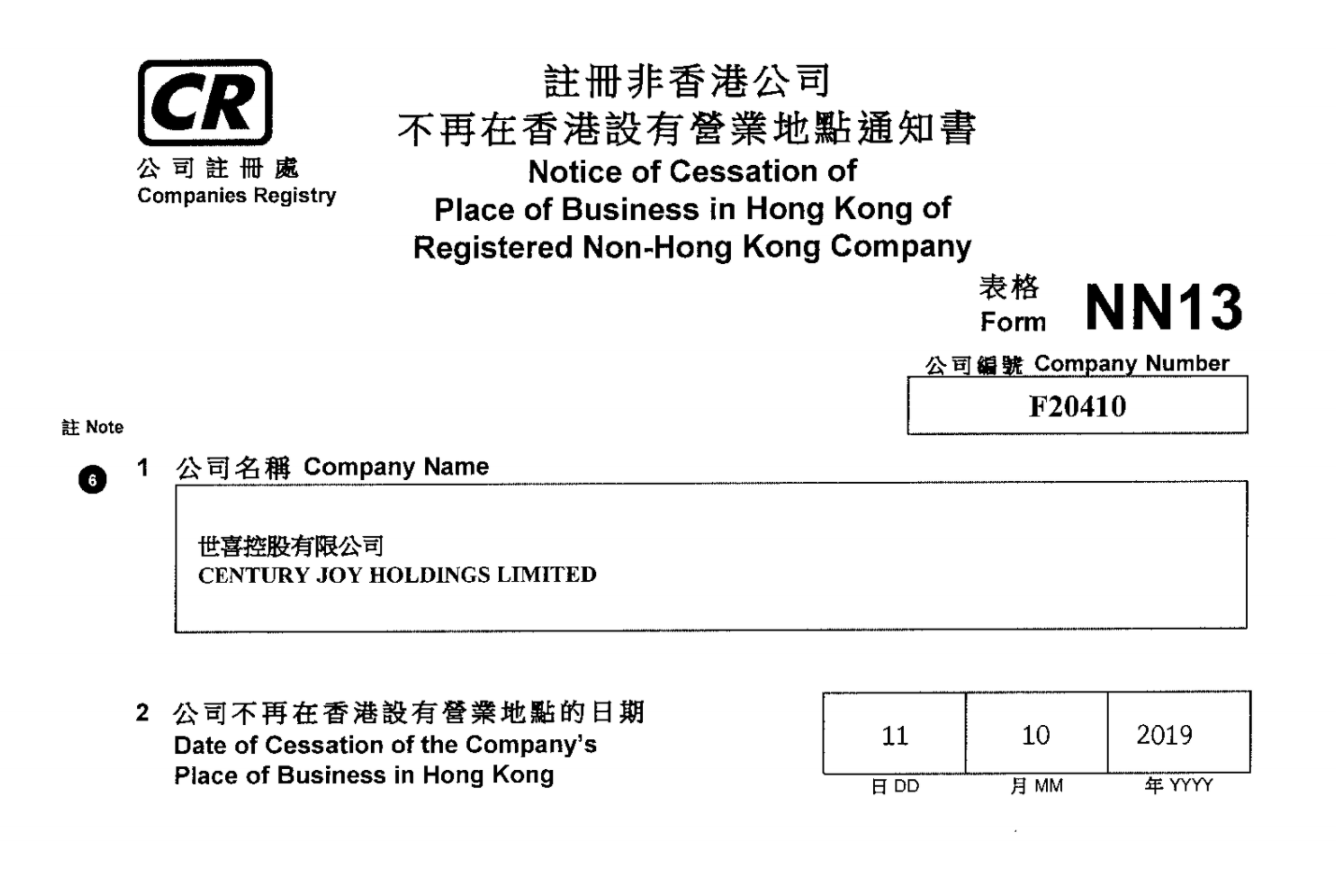ETL 101: Understanding the Benefits of Data Integration

In today’s fast-paced business environment, data has become a crucial asset for organizations. The ability to effectively manage and analyze data is essential for making informed decisions and staying competitive. ETL, or Extract, Transform, and Load, is a process that helps organizations to manage and analyze data from various sources. ETL automates the process of collecting, integrating, and managing data, making it available for analysis and reporting. This allows organizations to gain deeper insights from their data and make data-driven decisions.
Introduction to ETL and its importance in data management
ETL stands for Extract, Transform, and Load. It is a process used to manage and analyze data from various sources. The process involves extracting data from different systems, transforming it into a format that can be used for analysis, and then loading it into a data warehouse or other target system.
The importance of ETL in data management lies in its ability to help organizations effectively manage and analyze data from various sources. With the increasing amount of data being generated by organizations, the ability to effectively manage and analyze this data is crucial for making informed business decisions. ETL enables organizations to collect, integrate and manage data from various sources, such as databases, applications, and other systems, into a centralized location for analysis.
ETL also plays a crucial role in data warehousing and business intelligence. Data warehousing involves storing and managing data in a centralized location, while business intelligence refers to the process of analyzing and interpreting data to gain insights and make informed decisions. ETL is used to collect and integrate data from various sources into a data warehouse, making it available for analysis and reporting. This allows organizations to gain deeper insights from their data, which can be used to make data-driven decisions.
Improved Data Quality
One of the key benefits of ETL is its ability to ensure data integrity and accuracy. ETL processes include a variety of data cleansing and standardization techniques that are used to ensure that the data loaded into the target system is accurate, consistent, and reliable.
Data cleansing refers to the process of identifying and removing inaccurate, incomplete, or duplicate data from a system. ETL tools include various validation and error-checking mechanisms that help to identify and remove any inconsistencies or errors in the data.
Data standardization is the process of converting data into a consistent format that can be easily understood and analyzed. ETL tools include various data mapping and conversion functions that can be used to standardize data from various sources into a consistent format. This ensures that the data is consistent and can be easily understood and analyzed.
The impact of improved data quality on business decision-making is significant. Accurate and reliable data is essential for making informed decisions. With ETL, organizations can be confident that the data they are analyzing is accurate and consistent, which helps to improve the quality of the decisions they make. Additionally, ETL can also help organizations to identify patterns and trends in the data that may not
Increased Efficiency
Another key benefit of ETL is its ability to automate and streamline data integration. ETL tools automate the process of extracting, transforming, and loading data from various sources into a target system. Consequently, the time-consuming and prone-to-error process of human data entry is eliminated.
Automating the data integration process also helps to reduce the time and cost associated with data integration. ETL tools can be configured to run on a schedule, such as daily or weekly, which means that data is automatically extracted, transformed, and loaded on a regular basis. This eliminates the need for manual intervention, which can save time and reduce costs.
The impact of increased efficiency on business operations is significant. Automating the data integration process can help organizations to save time and reduce costs, which can be used to focus on other areas of the business. Additionally, ETL can also help organizations to quickly identify and respond to changes in their data, which can help to improve their operations.
Scalability and Flexibility
ETL is also known for its ability to handle large amounts of data from various sources. It can easily integrate data from multiple systems, even if the data is in different formats or structures. This allows organizations to scale their data integration efforts as their data needs grow, without the need for significant additional investments in hardware or software.
Another important aspect of ETL is its flexibility. ETL tools can be configured to adapt to changing business needs. For example, ETL processes can be easily modified to include new data sources or to change the format of the data being loaded into the target system. This allows organizations to easily adapt to changes in their data environment and to respond to new business requirements.
The impact of scalability and flexibility on the long-term success of an organization is significant. As data needs grow and change, ETL allows organizations to easily scale their data integration efforts and adapt to new business requirements. This can help organizations to stay competitive in today’s fast-paced business environment and to make the most of their data.
Wrapping up
ETL is an essential process in data management. It enables organizations to effectively manage and analyze data from various sources and plays a crucial role in data warehousing and business intelligence. It helps to make data-driven decisions by providing insights and the ability to extract, transform and load data into a centralized location for analysis, making the data available for reporting and visualization. The benefits of ETL include improved data quality, increased efficiency, greater insights and analytics, scalability, and flexibility. Implementing ETL in an organization can help to improve operations, save time and costs and make better business decisions. It’s a must-have for today’s data-driven businesses.
Saras is a leading provider of ETL solutions for data management and business intelligence. With their powerful Smartrr ETL platform, organizations can easily manage and analyze data from various sources, making it available for analysis and reporting. Their solutions are flexible, scalable, and easy to use, making them the perfect fit for any organization. Visit https://sarasanalytics.com/ to learn more about how their ETL solutions can help your organization achieve its data management and business intelligence goals.




